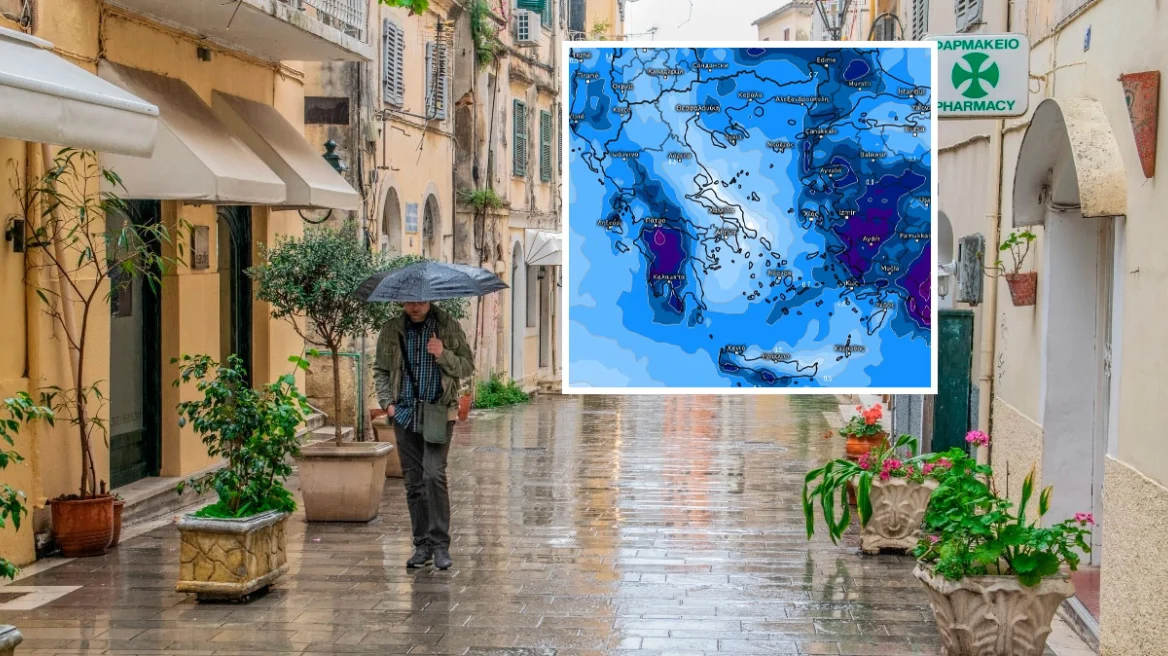Marine Le Pen appears to be making a comeback ahead of the European parliamentary elections, buoyed by mounting frustration with French President Emmanuel Macron.
Following her crushing defeat to Macron in the 2017 presidential election, Le Pen was left weakened by a string of political and legal troubles. Her National Rally (formerly the National Front) party was thrown into disarray after a number of public betrayals, including the defection of her vice-president Florian Philippot.
Her woes were compounded in June after the European Union’s second-highest court ordered Le Pen to repay the European Parliament €300,000 for misusing European funds to pay an aide who was based at her party’s headquarters in Paris. Although Le Pen has pledged to appeal the ruling, it is only one of a number of financial setbacks she has encountered in recent years.
Yet her political fortunes have now changed. With the European parliamentary elections just six months away, polls by Ifop and Odoxa show Le Pen’s National Rally in a dead heat with Macron’s centrist Republic on the Move party, each with around 20 percent of the intended vote.
“She has taken advantage of the bad situation Emmanuel Macron and his government find themselves in. There is growing discontent over high taxes, rising fuel prices and controversial reforms. Macron’s popularity has reached record lows,” Nona Mayer, research director of the French National Centre for Scientific Research stated.
“A coalescence of discontent”
Since taking office in May 2017, Macron’s approval ratings have steadily plummeted to between 20 and 25 percent. His image has been hurt by a number of public gaffes, as well as accusations that he is a “president of the rich” whose policy directly benefits the country’s wealthy elite.
In the most recent sign of Macron’s growing unpopularity, a group of angry drivers known as the “yellow vest” movement have called for roads to be blocked nationwide on Saturday in protest against his government’s decision last year to increase a direct tax on diesel fuel. The demonstrations have played directly into the hands of Le Pen, whose National Rally has a reputation as an anti-establishment party.
“The ‘yellow vest’ movement is good for Marine Le Pen because it is a coalescence of discontent,” Mayer explained. “There’s the feeling that ‘we’re being abandoned’, and the catalyst was the price of fuel.”
“People don’t care about (her legal and political troubles) because her party, at a time the mainstream left and right have collapsed, seems for many the only channel left to express their discontent. Voter intention is up, even though her popularity is down,” she added.
The National Rally’s rhetoric and hardline stance on immigration may also appeal to voters. A survey published by the European Parliament in October found that in addition to climate change, the fight against terrorism and youth unemployment are among the top three priorities in France ahead of the European parliamentary election.
“She’s at an advantage because we’re in a situation where there’s a lot of fear of immigration and terrorism,” Mayer said. “Immigration is at the core of Marine Le Pen’s platform.’”
Mayer went on to argue that in some ways, Le Pen’s resurgence in the polls has less to do with her than with the overall political climate in France.
“She’s a very good mirror of the weakness and shortcomings of the other parties,” she said. If Le Pen wins, she added: “It will be very much a vote against Emmanuel Macron and his policies.”
Source: france4
Ask me anything
Explore related questions





